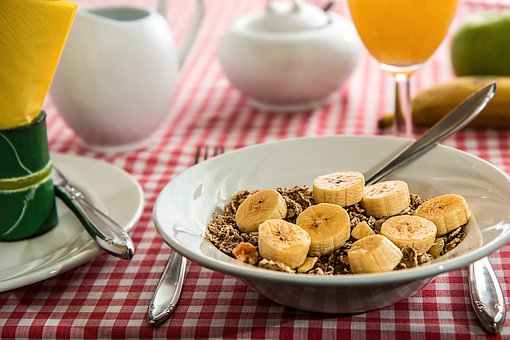Cereals are a staple food for many people around the world. They are made from grains such as wheat, rice, oats, and corn, and are often consumed as a breakfast food. But what is the nutritional value of cereals and are they healthy for you?
First, let’s look at the nutritional value of cereals. Cereals are a good source of carbohydrates, which are the body’s main source of energy. They also contain small amounts of protein, fat, and fiber. Some cereals, particularly those that are fortified with vitamins and minerals, can also be a good source of vitamins and minerals such as iron, calcium, and vitamin B.
However, not all cereals are created equal. Some cereals, particularly those that are high in sugar, can be high in calories and may not be the best choice for those trying to maintain a healthy weight. Additionally, many cereals are made with refined grains, which have had the bran and germ removed, leaving only the starchy endosperm. This means that these cereals may be lower in fiber, vitamins, and minerals than whole grain cereals.
So, are cereals healthy for you? The answer is that it depends on the type of cereal you choose. Whole grain cereals, such as oatmeal and whole wheat cereal, are generally considered to be healthier options. These cereals are a good source of fiber, vitamins, and minerals, and can help to lower cholesterol and reduce the risk of heart disease.
On the other hand, cereals that are high in sugar and made with refined grains may not be as healthy. These cereals can be high in calories and may not provide the same health benefits as whole grain cereals. Additionally, many processed cereals are high in added sugars, which can contribute to weight gain and increase the risk of type 2 diabetes.
In conclusion, cereals can be a nutritious and convenient option for breakfast or a snack, but it’s important to choose wisely. Whole grain cereals that are low in added sugars can be a healthy choice, while cereals that are high in sugar and made with refined grains may not be the best option. It’s also important to read the labels and check the ingredients when buying cereal, to ensure you’re getting the most nutritious option.

 Home
Home Health
Health Diet & Nutrition
Diet & Nutrition Living Well
Living Well More
More












